
Dear readers,
Opinions may be divided about Elon Musk and his political position. His often boorish demeanour as a powerful business boss does not deserve admiration either. However, whatever he does as an entrepreneur, be it with Tesla, SpaceX or Starlink, commands respect.
As a sailor, it is now almost impossible to avoid the increasingly dense satellite network - at least if you want to stay online regardless of your location or weakening mobile phone and WiFi signals.
In just two years, the Starlink from a newcomer to the de facto standard. Whether in ocean racing or on long-distance and luxury yachts: the flat dishes have established themselves everywhere and have literally blown other satellite providers out of the market. At Nautor, Oyster, Solaris and Contest, they now fit virtually nothing else.
And that was just the beginning.
With the recently launched Starlink MiniThe new Starlink, a laptop-sized antenna that can be connected directly to the 12-volt on-board power supply, is set to make Musk's network really popular. For the first time, Starlink is not only interesting for owners, but even for charterers who spend several weeks a year travelling on different yachts. It is the real beginning of the always-on transformation.
Just like Boris Herrmann and his Imoca competitors, who use expensive Inmarsat flat-rate tariffs to download high-resolution satellite images and Grib files, share videos, can be reached permanently via WhatsApp just like at home and even hold Zoom conferences, we too will be able to read and stream everything online at reasonable rates in future.
No more searching for open wlans, no more begging for passwords for already overloaded marina or harbour pub networks. Boatoffice has never been easier. You have never been more accessible, even far away from LTE radio masts.
Next year, when I have more time for sailing, I'll probably also laminate a holder for the compact Starlink dish on the stern and book a Mini-Travel or Mobile Priority tariff. It's just too tempting to be able to stay in touch.
What has made me hesitate so far is not so much Elon Musk's volatility, which is also reflected in the frequently abruptly changing fee structure, his lax handling of lies, deepfakes and radical positions on X, or most recently his almost endearing closeness to Donald Trump.
What worries me more is Starlink's promise: not having to switch off - and thus risking precisely what captivates me so much about long journeys far from the coast: letting go, being offline, thrown back on myself and the experiences of nature that are otherwise far too often drowned out in the digital background noise.
Interestingly, in the USA, where the triumphant advance of the Musk network began much earlier and changed the sport of sailing much faster than here, there are already Starlink restrictions on board.
A friend has just told me that a satellite antenna and data package are part of the basic equipment on long-distance regattas or repatriations. However, its use is usually limited to the skipper and watch commander, and it is only used for weather routing and tracking, not for Netflix film nights or maintaining the crew's Instagram profiles.
Why? Because the past two years have shown that otherwise the sailors become too isolated and withdraw into their online bubbles. As a result, team spirit suffers and so does performance.
For example, J/World Sailing, probably the best and most committed organiser of sailing events on the entire US West Coast, consistently blocks the Starlink router on its racing yachts when they are sailing Transpac or Pacific Cup with a paying crew.
Even those who book a berth on the legendary Santa Cruz 50 "Hula Girl" as part of the Offshore Yacht Racing Programme have to say goodbye to their social media fans. Only on the last day of the cruise is the satellite connection open to everyone to organise hotels or flights home. Not before. Wayne Zittel, President of J/World Sailing, is strict about this. "The crew otherwise only upload land problems to the boat: stress at work, trouble in the relationship... you name it."
Maybe I should reconsider the Starlink Mini after all...
Jochen Rieker,
YACHT Editor
Click on it to see through:
The week in pictures
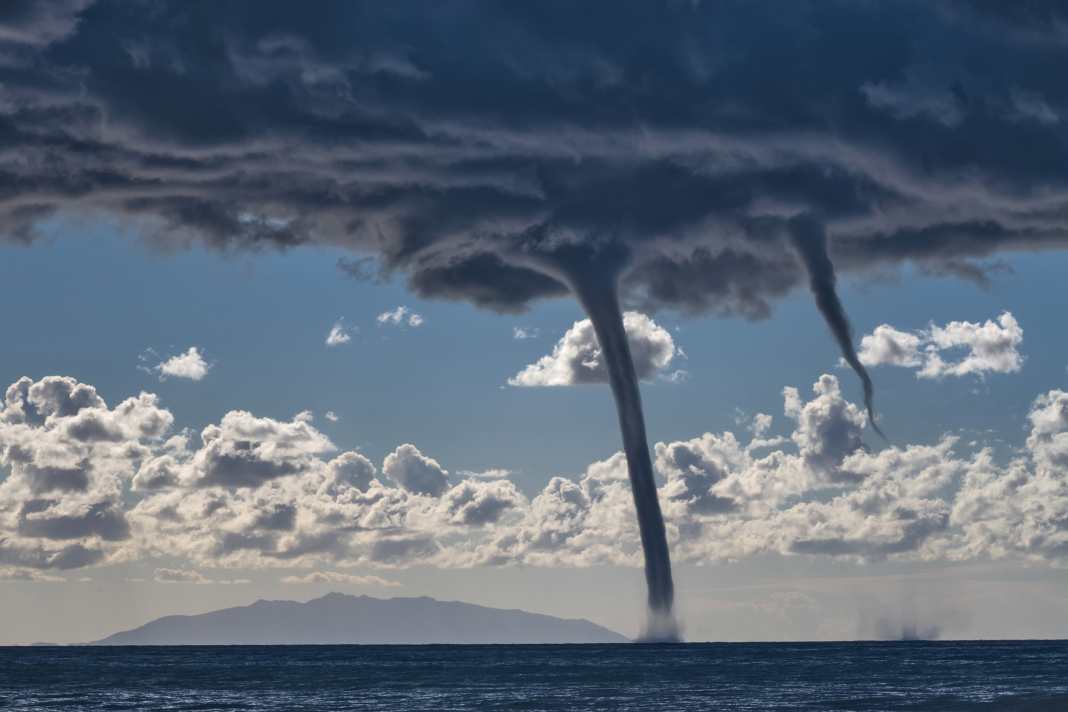





Recommended reading from the editorial team

Gift idea
Voucher for YACHT Premium as a last-minute present

A gift voucher for YACHT Premium is an excellent last-minute gift for all sailing and water sports enthusiasts for Christmas!
Record from space
Monster wave of 19.7 metres measured by satellite
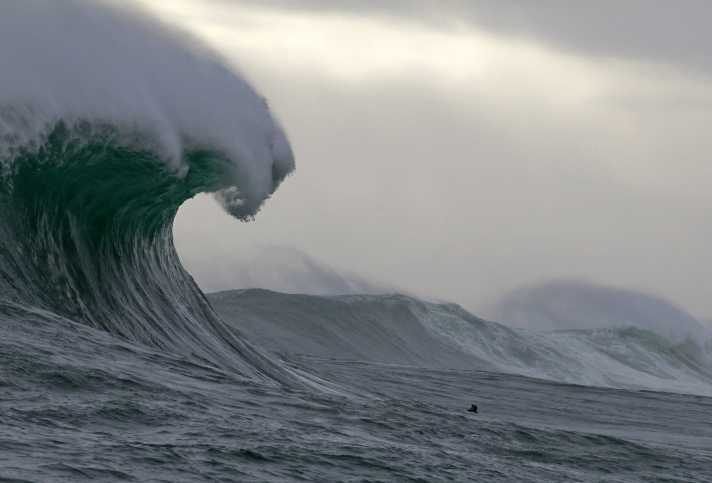
A new satellite system makes it easier to recognise monster waves. A recently published study shows how storm waves can cross oceans and endanger even distant coasts. The more accurate detection could also improve routing programmes.
YACHT readers' trip
On the "Sea Cloud II" 900 nautical miles through the Caribbean
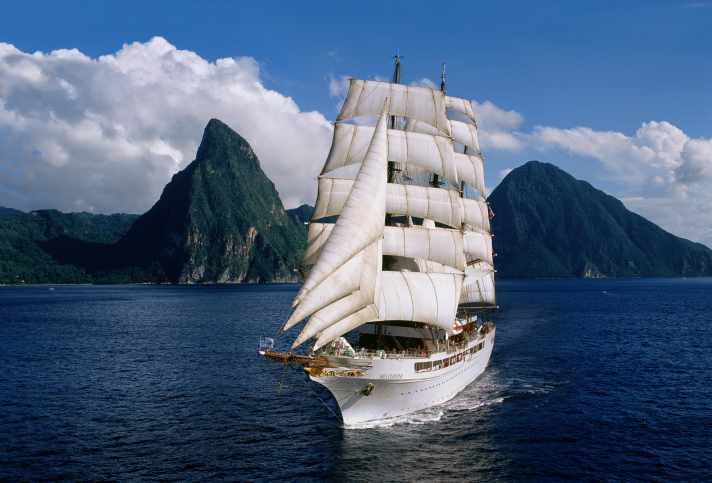
The multifaceted YACHT readers' trip through the Caribbean dream destination starts on 6 March and takes us through one of the most beautiful sailing areas in the world in ten days.
Shipyard portrait
Pure Yachts produces in small series with big goals
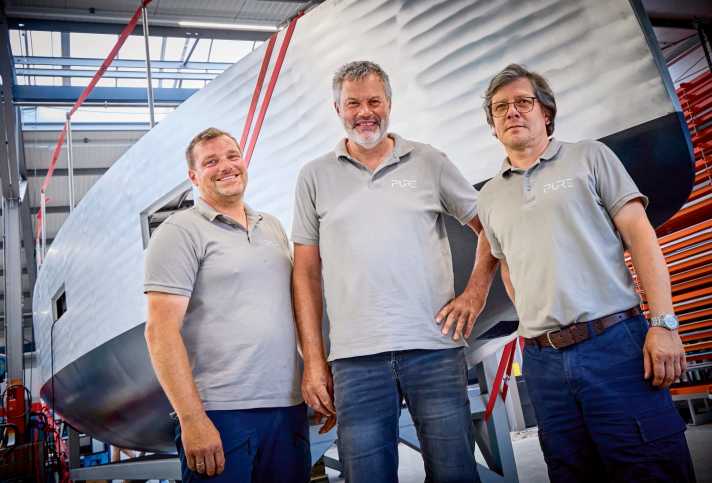
The Pure Yachts shipyard, newly founded in Kiel, focuses on long-distance performance yachts made of aluminium. It can already boast its first successes.
Baltic Sea
Fehmarn Sound Bridge - Reduced clearance height
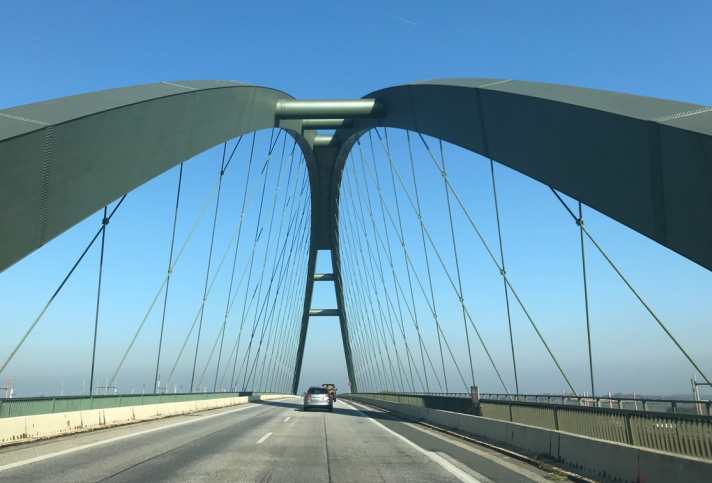
Watch out for the mast stop! The clearance height of the Fehmarnsund Bridge has been reduced until summer 2026. Due to construction work, only 20 metres are available instead of the usual 23 metres.
M.A.T. 11
The Orient-Express is set to become the new ORC pick-up

Hot racer from the Orient. The M.A.T. 11 is set to create new excitement in the ORC scene. The design comes from Matteo Polli.
Shadows in paradise
Brutal attack on expedition boat in Papua New Guinea
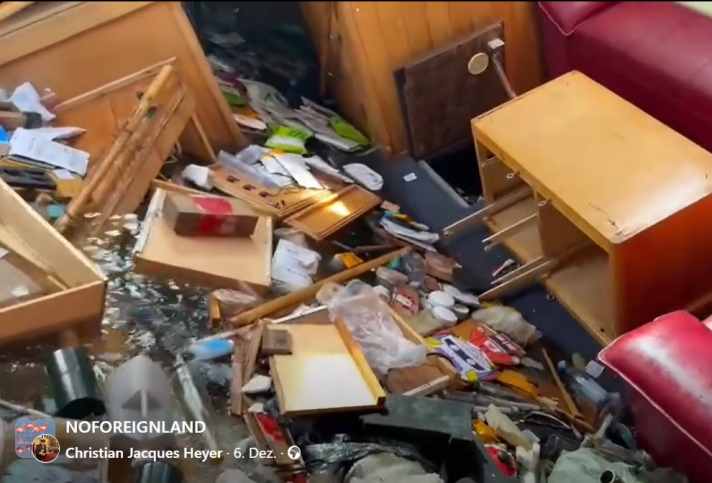
The first motorless circumnavigation of Antarctica by sailing boat was abruptly interrupted by a brutal robbery in Papua New Guinea. The expedition ship "Zhai Mo 1" was badly damaged and looted, putting the voyage of the Chinese sailor Zhai Mo on ice for the time being.
Dispute over measurement
ORC and X-Yachts agree on cooperation - joint statement
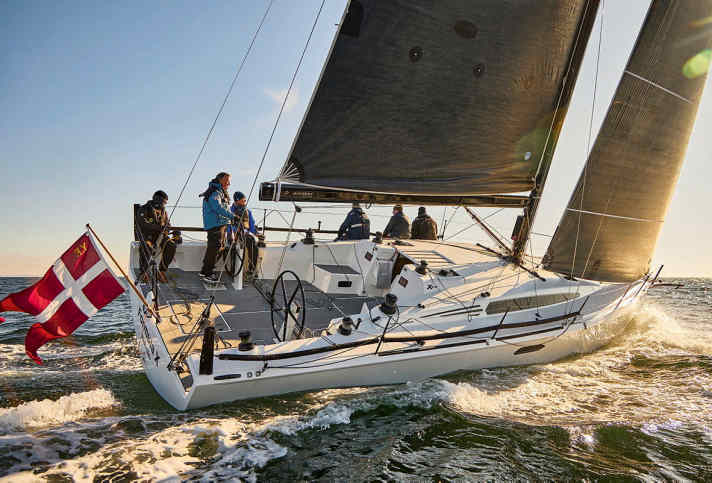
Due to the debate surrounding the XR 41, the Offshore Racing Council (ORC) is reviewing its algorithm for calculating race values.
Hallberg-Rassy 370
Sailing and living at the highest level in the YACHT test
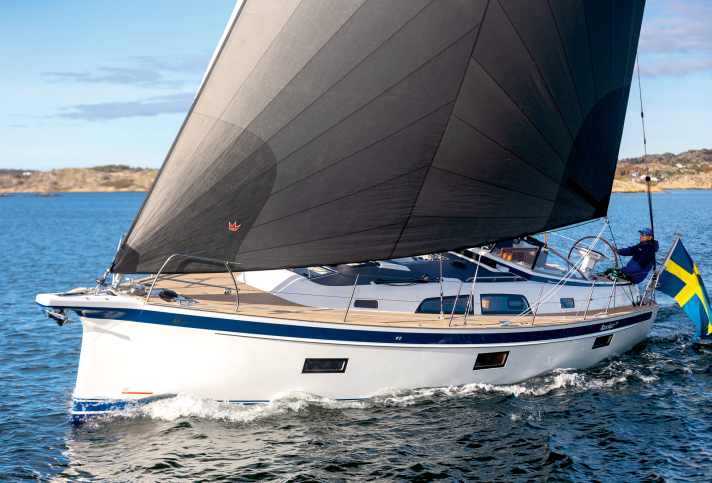
With the Hallberg-Rassy 370, the Swedes present a cruising yacht that leaves almost nothing to be desired. We have tested the first model.
Globe40
On course for La Réunion - concerns about the mast remain
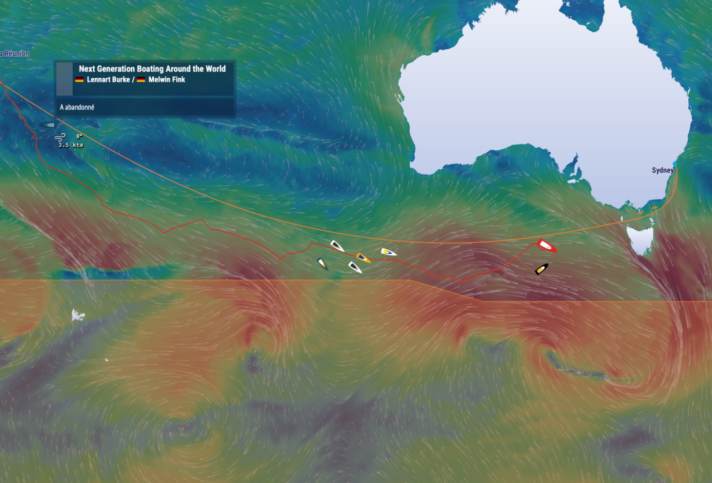
Lennart Burke and Melwin Fink are on their way back to La Réunion in the Globe40. While the competition is aiming for Sydney, the GER duo are fighting on all fronts.
Newsletter: YACHT-Woche
Der Yacht Newsletter fasst die wichtigsten Themen der Woche zusammen, alle Top-Themen kompakt und direkt in deiner Mail-Box. Einfach anmelden:

